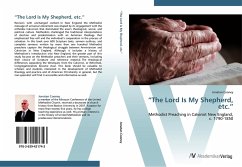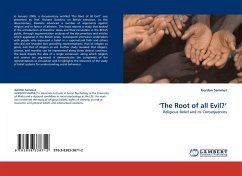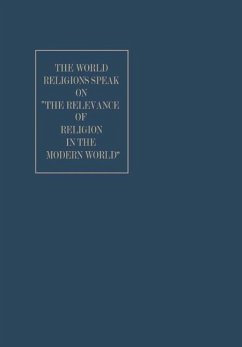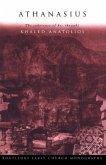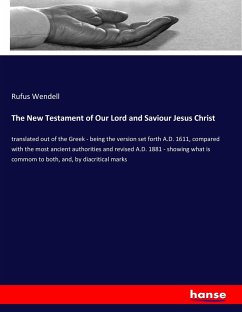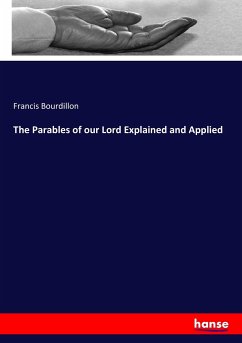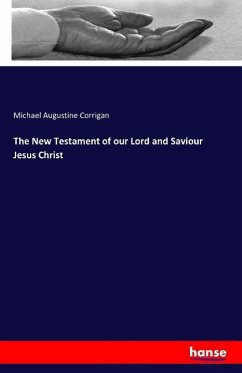Revision with unchanged content. In New England the Methodist message of universal atonement was shaped by its engagement with the orthodox Calvinism that dominated the area s theological, social, and political culture. Methodists challenged the traditional interpretations of election and predestination with an Arminian theology that emphasized free will and the individual s cooperation in the process of salvation. In this book over 600 Scripture texts, sermon outlines, and complete sermons written by more than one hundred Methodist preachers capture the theological struggle between Arminianism and Calvinism in New England. Although it includes a history of Methodism s introduction into New England, the greater part of this study focuses on the Methodist preachers and their sermons, including their choice of Scripture and reference material. The theological differences separating the Wesleyans from the Calvinist, or Reformed, Congregationalists become clear. This book should be valuable to scholars and students interested in the development of Methodist theology and practice and of American Christianity in general, but the non-specialist will find it accessible and informative as well.
Hinweis: Dieser Artikel kann nur an eine deutsche Lieferadresse ausgeliefert werden.
Hinweis: Dieser Artikel kann nur an eine deutsche Lieferadresse ausgeliefert werden.

